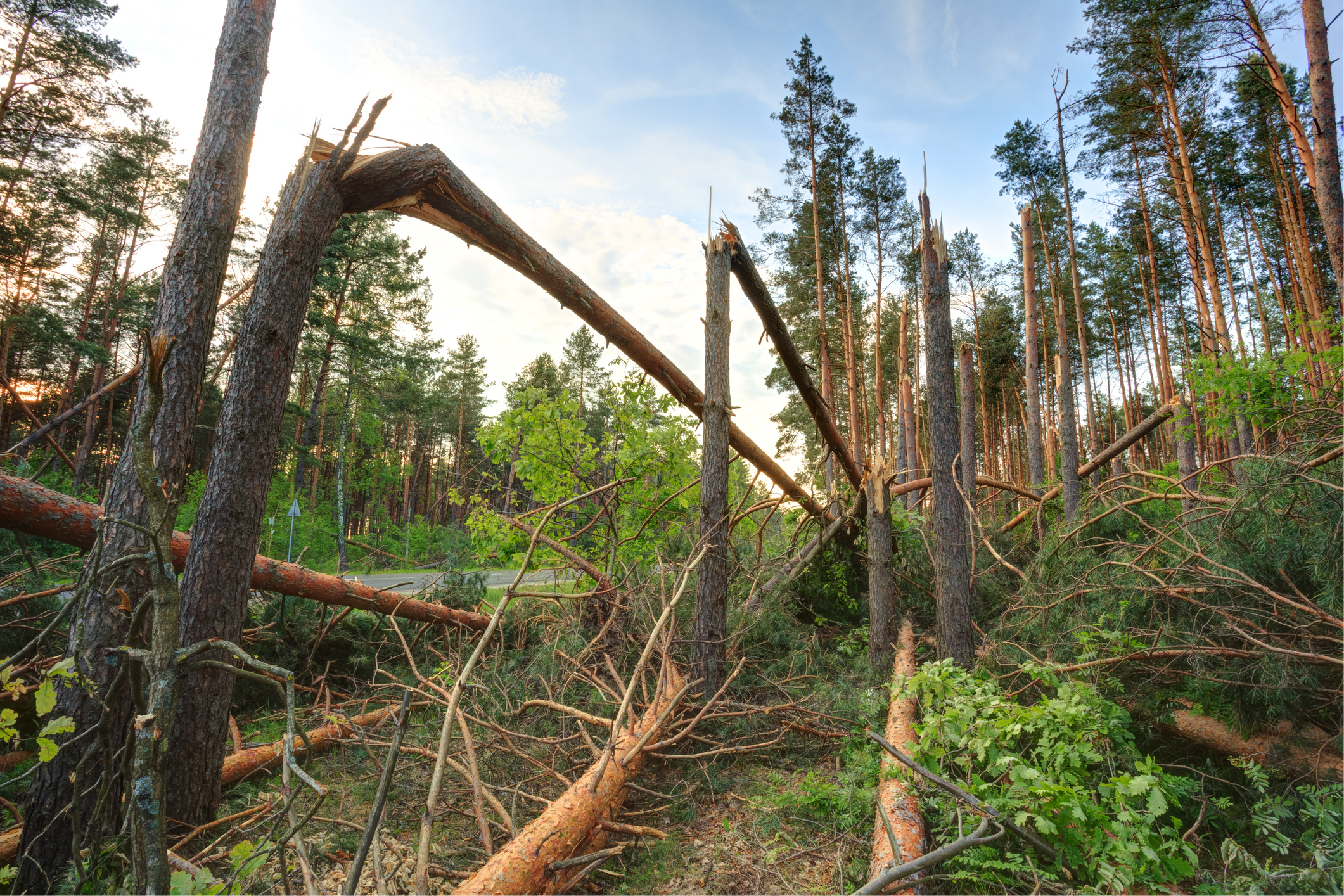
Trees were strewn about like sticks across western North Carolina after Hurricane Helene brought torrential water currents rushing through valleys.
Now those same washed-out trees and brush are causing concern for wildfires.
The North Carolina Forest Service said this weekend that the potential for increased wildfire activity is above normal in November.
“In the aftermath of [Helene], the amount of fuel on the ground is excessive. Smaller diameter fuels and leaf litter will quickly dry out,” the Forest Service wrote on Facebook.
In addition to the fallen debris providing numerous kindling opportunities, the forest service says they’ll have trouble responding to fires if they break out.
“Damage to roads, unstable, and downed trees will continue to challenge response, making it difficult for first responders to access some wildfires, which increases the potential for large wildfires in the most heavily impacted areas,” the forest service wrote.
Channel 9′s Dave Faherty spoke with a forester with the NCFS who said there’s still a lot of work to be done after Helene.
“We’re expecting people to do more burning this fall. We are worried about access with landowner roads and small woods roads that landowners say they have not had the time to clean out yet,” said Eve Ciotti with the NC Forest Service. ”So if a wildfire does occur we are worried about getting to that fire.”
The forest service says November is one of their busiest months. Last year they had 2,000 wildfires across the state, and 1,200 of them were in the month of November.
But despite the risk, there’s still the need to burn safely. Gary Miller and his son were working to clear trees on their property near Colletsville, but there are so many that they’ll have to cut them up and burn them sometime in the next month.
“We’re going to burn,” Miller told Faherty. “We have to get a burning permit, do everything like we’re supposed to, so we don’t endanger anyone else’s property.”
They say they’re waiting for some rain before setting fire to the fallen trees. Since the storm hit more than five weeks ago, there has been very little rain here.
Some parts of western North Carolina are currently in early drought stages. The NCFS said it’s important to keep an eye on the weather. The agency reminded residents to not burn anything on dry and windy days.
You can find more tips to prevent wildfires at this link. [source]
